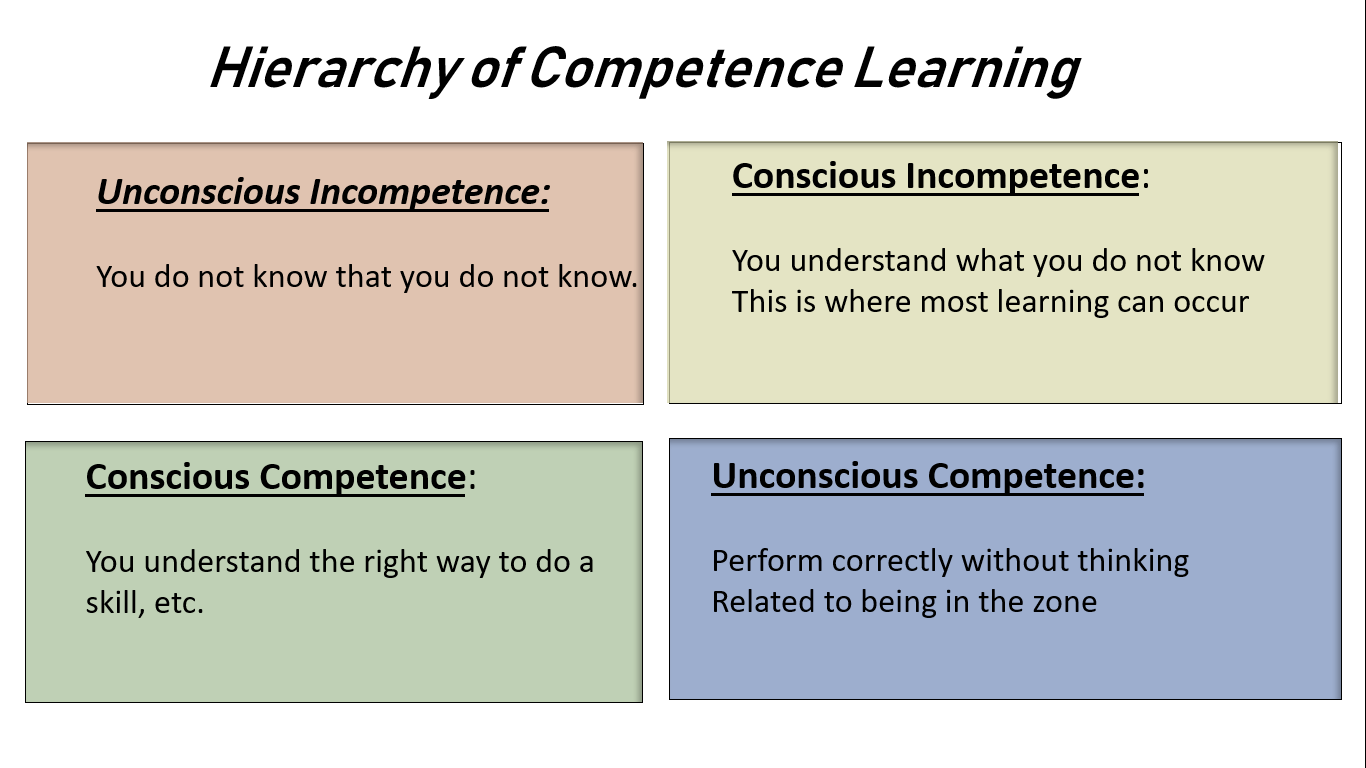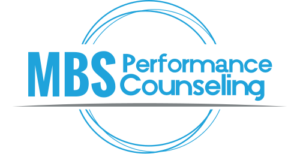Change for Success
The road to Change
Change is a scary concept sometimes. Especially in the arena of athletics where being taken out of our comfort zone induces anxiety and uncertainty. Whether it is a higher level of competition or a coach breaking down an athlete’s technique, change can be hard.
I was out for a run with my seven-year old the other day when he challenged me to a sprinting contest. Now, I never shy away from a competition and truth be told, I never let him win in anything. It does not matter if we are playing UNO, soccer in the backyard, or this upcoming sprinting contest, if he beats me, it is because he earned it. I will neither confirm nor deny the fact that he has owned me at times in UNO.
So, after he decided on the starting line (the first crack in the sidewalk) and the finish line (the third tree from the end with the purple flowers growing from it), we got ourselves set to run. He excitedly shouted “go” and off we went. I proceeded to win the next three races.
I am not relaying this story to brag that I can outrun a seven-year old, but more so to share what happened next.
Change is Necessary
My son looked at me and asked why I was able to run faster. I talked to him about size, strength and technique for starters. He understood the size and strength part but as we spoke about technique, he interrupted me with a serious look on his face and stated,
“Dad, I get what you’re saying, but I don’t know if I can change how I run. I’ve just always run this way, so changing will be hard. Can you show me?”
This kid is seven, but he realized that he had formed a habit based on how he has previously ran . And, somehow he summed up in one sentence what so many adolescents and adults fail to recognize:
Change is hard work!
But, it is necessary if we want to win our race. Believing you can change is the foundation of an optimistic mindset!
If our current approach is not getting us our desired results, then we have to able to adapt our approach. Our opponents, our coaches, and the circumstances of life are not responsible for bending to the needs of us. It is our responsibility to take action, to prepare for setbacks, to regroup when failure occurs, and to learn from others any chance we can get.
But, how in the world do we create change?
First, understand change is needed and then be willing to take steps towards change. The innocence of a seven-year old shows these curiosity and desire. My son was aware of three truths. The first two truths?
- He knew he did not win the race and
- He wanted to win the next race
The third truth?
He knew he did not have the answer to the problem, yet.
So, he asked a question. “How do I run faster.” He could have easily said “I am not fast enough.”
Basically, he was aware of what he did not know. This is the prime area for learning to take place. See the diagram below to see the hierarchy for competence learning:

My son showed that day he was in the Conscious Incompetence stage of learning. He was aware he did not know how to get faster to beat me in the race. He gained information through asking questions and has begun the task of trying to implement it on a daily basis so he can get the result he wants; to beat Dad in a race. He will be in the Conscious Competence stage, once he understands the skills he needs and is able to begin implementing them with purpose.
Embrace Conscious Incompetence
I believe we can reach many of our athletes on a greater scale if we can teach them to understand what they do not know. Too many train with poor technique at a young age because they are bigger, stronger, faster, and still get the result. These athletes are not aware of technical deficiencies because all they see are successful results. However, this causes them to build neural pathways for an imperfect skill. As the competition increases, this athlete is less likely to adapt because they think they already have the answer. This is true of too many athletes who react poorly to criticism because they feel they know it all. These athletes are stuck in the first category, Unconscious Incompetence, and are just plain oblivious.
Curiosity and Process-Oriented Mindsets
We need to teach our young athletes, on the field and off the field, to approach improvement with curiosity and willingness to be imperfect. Taking the time to learn a skill properly allows for the building of the neural pathways necessary to perform a skill in the Unconscious-Competence zone. Additionally, helping them love the learning process, instead of just the final outcome, keeps athletes engaged in their own development; building internal motivation and in turn, reducing burnout and performance fatigue.




